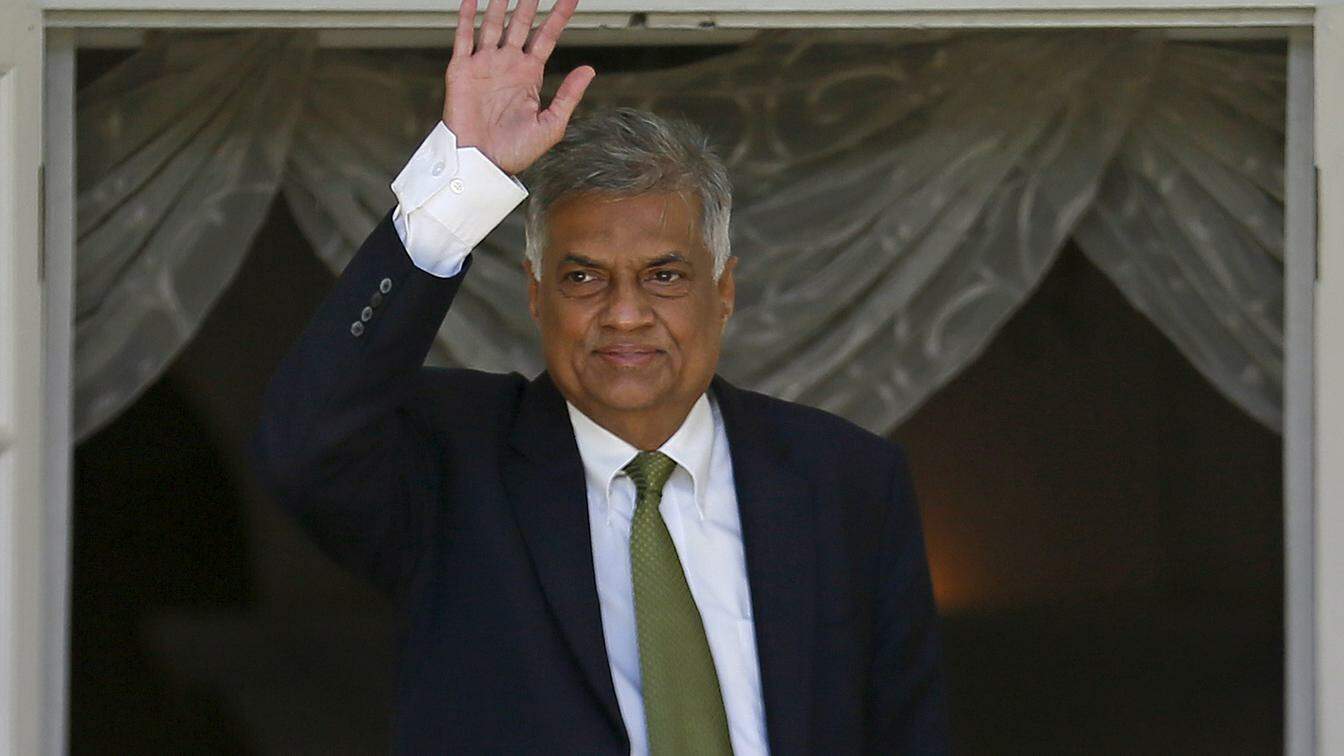Wickremesinghe: presidential and parliamentary elections in 2024
The president and leader of the United National Party (UNP) presents himself as a "strong man" in a country in crisis with cumbersome neighbours like China and India. Voters hope that the next parliament will lift the economy and solve endemic problems, but some analysts doubt whether they will actually be held next year.
Colombo (AsiaNews) – Speaking at the United National Party (UNP) convention on 21 October at Sugathadasa Stadium in Colombo, Sri Lankan President Ranil Wickremesinghe told party members to prepare for the 2024 elections.
“In accordance with the Constitution, the presidential election would be held next year, followed by parliamentary elections and the provincial elections in early 2025,” the president said.
“Under the leadership of President Wickremesinghe, the UNP was able to run the government, despite having only one seat in Parliament,” said Ruwan Kariyawasam, a political analyst and academic, speaking to AsiaNews.
For its part, “the opposition in Sri Lanka has been asking for elections, in fact, protesting and agitating” for them; hence, the “announcement of elections next year will be good news” for the opposition. However, “there was speculation that elections would not be held next year as the provincial council elections were delayed, indefinitely.”
For political analyst Anuradha Senanayake, “People are eagerly awaiting to vote at the elections. Although most citizens want an election, they are clueless as to who should assume power and which party can solve the current economic and political crisis”.
Many “believe that the next parliament will solve all problems”. Yet, for many voters a “major issue is the inability to understand how geopolitics influences Sri Lanka’s affairs and devising ways and means to deal with it.”
President Ranil Wickremesinghe "is calculating his odds, he is unlikely to want to face an embarrassing defeat now that luck and regime change have brought him to the highest position in Sri Lanka. His uncle (former President J.R. Jayawardena), facing a similar situation, decided not to hold elections and held a referendum and extended the parliamentary term of office,” academics Mayantha Samarakoon and Janendri Keerthisena point out.
For the latter, "Due to the current economic situation, smooth sailing of the government may be over” after the next election. “In such a scenario, a majority of Sri Lankan leaders have a habit of creating artificial protests and anarchy and then use that to justify delaying of elections. This option is also likely to be on the cards” for President Wickremesinghe.
Now “everybody is wondering not only when the elections will be held,” but “if there will be an election as there are rumours that there will be a referendum seeking citizens’ opinion, if elections are necessary.”
20/07/2022 17:14







.png)










